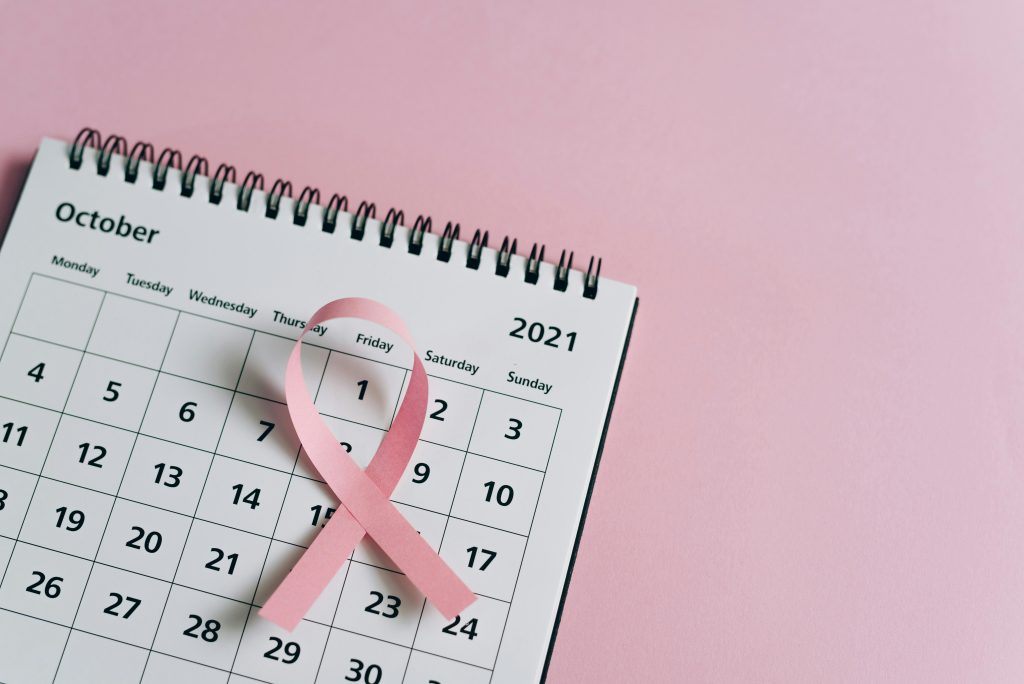Hormone health is crucial for women of all ages. Hormones are chemical messengers responsible for regulating various bodily functions, including mood, energy levels, metabolism, and reproductive health. When women’s hormone levels are imbalanced, it can lead to various unpleasant symptoms and potential health problems.
Women’s Hormones Throughout Their Life
Women undergo different hormonal changes in the course of their life. As a characteristic of puberty, they develop a menstrual cycle to prepare for pregnancy and deliver babies. During the menstrual cycle, a woman’s hormone levels fluctuate. Estrogen and progesterone levels rise and regularly fall, preparing the body for potential pregnancy and regulating the menstrual cycle. However, this delicate balance can be disrupted by a variety of factors, including:
- Stress
- Poor diet
- Unhealthy sleeping patterns – Find here six tips for creating a sleeping-friendly bedroom.
- Certain medications like contraceptives, thyroid medicines, chemotherapy, and NSAIDs.
- Lack of vitamin D (sunlight)
When estrogen levels are too low, it can lead to irregular periods, hot flashes, and vaginal dryness, which are classic symptoms of menopause (more on later). Low progesterone levels can cause similar symptoms, anxiety, and insomnia. Imbalances in these hormones can also increase a woman’s risk of conditions such as:
- Osteoporosis
- Endometriosis
- Polycystic ovarian syndrome (PCOS)
Menopause and Women’s Hormones
Menopause is a time when a woman’s hormone levels undergo significant changes. It usually happens to women aged 45 to 55, although some women can experience symptoms as early as 35 or as late as 60. In this process, the ovaries begin to produce less estrogen and progesterone as women lose the ability to conceive, which causes a range of symptoms, including:
- Hot flashes
- Night sweats
- Mood changes
- Vaginal dryness
- Low libido (sex drive)
These symptoms can be disruptive and affect a woman’s quality of life. During this time, even hormones like testosterone (notoriously the “male hormone”) drop, increasing the intensity of menopausal symptoms.
This experienced cosmetic dentist in Midtown Manhattan also adds that some menopausal women may also develop dry mouth, which increases their risk of cavities and gum diseases.

Other Consequences of Hormonal Imbalances
Hormone imbalances can also affect a woman’s mental health. Low estrogen levels have been linked to an increased risk of depression and anxiety, while imbalanced thyroid hormones can cause mood changes and cognitive difficulties.
Disruptions in your hormone levels can also result in physical changes. An imbalance in thyroid hormones, such as hypothyroidism, can cause weight gain, while hyperthyroidism (overactive thyroid) can make you drop your weight unexpectedly. Testosterone and estrogen deficiencies can also affect how your body looks, where your fat deposits sit, and how much hair you have on your head and body. That being said, it’s evident that having your hormones in check is essential to how you feel inside and out. An OBGYN in Madison, WI can provide personalized guidance, evaluate your symptoms, and recommend the most suitable treatment options tailored to your needs.
What Can You Do If Your Hormones Are Imbalanced?
So, what can women do to maintain healthy hormone levels and avoid the potential problems associated with imbalanced hormones?
The first step to your wellness journey is getting a blood test. This is the most practical way to know how balanced your body is from all angles. Private MD Labs offers various tests, from hormone testing to comprehensive metabolic panels and anti-aging tests. Private MD Labs is a leading blood testing company that can handle hormone tests without a doctor’s appointment.
Here are some more tips to get your hormone balanced:
Eat a well-balanced diet:
A healthy, varied diet is essential for hormone health. Women should aim to eat plenty of fruits and vegetables, whole grains, and lean protein sources. Include healthy fats such as avocado, nuts, seeds, and olive oil. Avoid processed foods, sugary snacks, and excessive alcohol intake.
Exercise regularly:
Exercise has a range of benefits for hormone health, including reducing stress and improving mood. Aim for at least 30 minutes of moderate-intensity exercises, such as brisk walking, cycling, or swimming, for 3 or 4 days a week, including strength training to improve your muscle mass, which has a role in hormone balance regulation.
Get enough sleep:
Adequate sleep is essential for maintaining healthy hormone levels. Aim for 7-9 hours of sleep per night to ensure your body has enough time to repair and regenerate.
Reduce stress:
Chronic stress can hurt hormone levels, so finding ways to manage stress is essential. This might include exercise, meditation, yoga, or spending time with friends and family.
Quit smoking.
This bad habit is a leading factor in developing chronic illnesses such as diabetes, heart disease, and cancer. Smoking also causes disruptions in hormone production.
Consider hormone replacement therapy (HRT):
For women experiencing significant symptoms of hormone imbalances, such as hot flashes or mood changes, HRT may be an option for achieving a Better Body during this challenging time. This involves taking hormones, such as estrogen or progesterone, to replace those no longer produced by the ovaries. HRT can be an effective way to alleviate symptoms and improve overall health and well-being. However, discussing the potential risks and benefits with a healthcare provider before starting HRT is essential.
To Conclude
Maintaining healthy hormone levels is crucial for women of all ages. From puberty to the menstrual cycle and menopause, women are prone to suffer hormonal imbalances that can result in undesired physical and emotional alterations.
Testing your hormones can be easy and affordable if done by a trusted lab such as Private MD Labs. Also, by making lifestyle changes and seeking appropriate treatment, women can improve their hormone health and reduce the risk of unpleasant symptoms and potential health problems. It’s important to discuss any concerns with a healthcare provider to develop a plan tailored to your individual needs.
5 Key Takeaways to Balance Your Hormones
- Hormone health is crucial for women of all ages since hormones are responsible for various bodily functions.
- Women undergo different hormonal changes in the course of their life.
- Hormone imbalances can also have other consequences that can affect mental and physical health by causing symptoms like depression, changes in fat deposits, and hair loss.
- Changing your habits can improve your hormone health. Eat a well-balanced diet, exercise regularly, sleep well, and drop bad habits like alcohol and smoking.
- Getting hormone testing through Private MD Labs can help you understand how balanced your body is and how to treat your symptoms if present.




